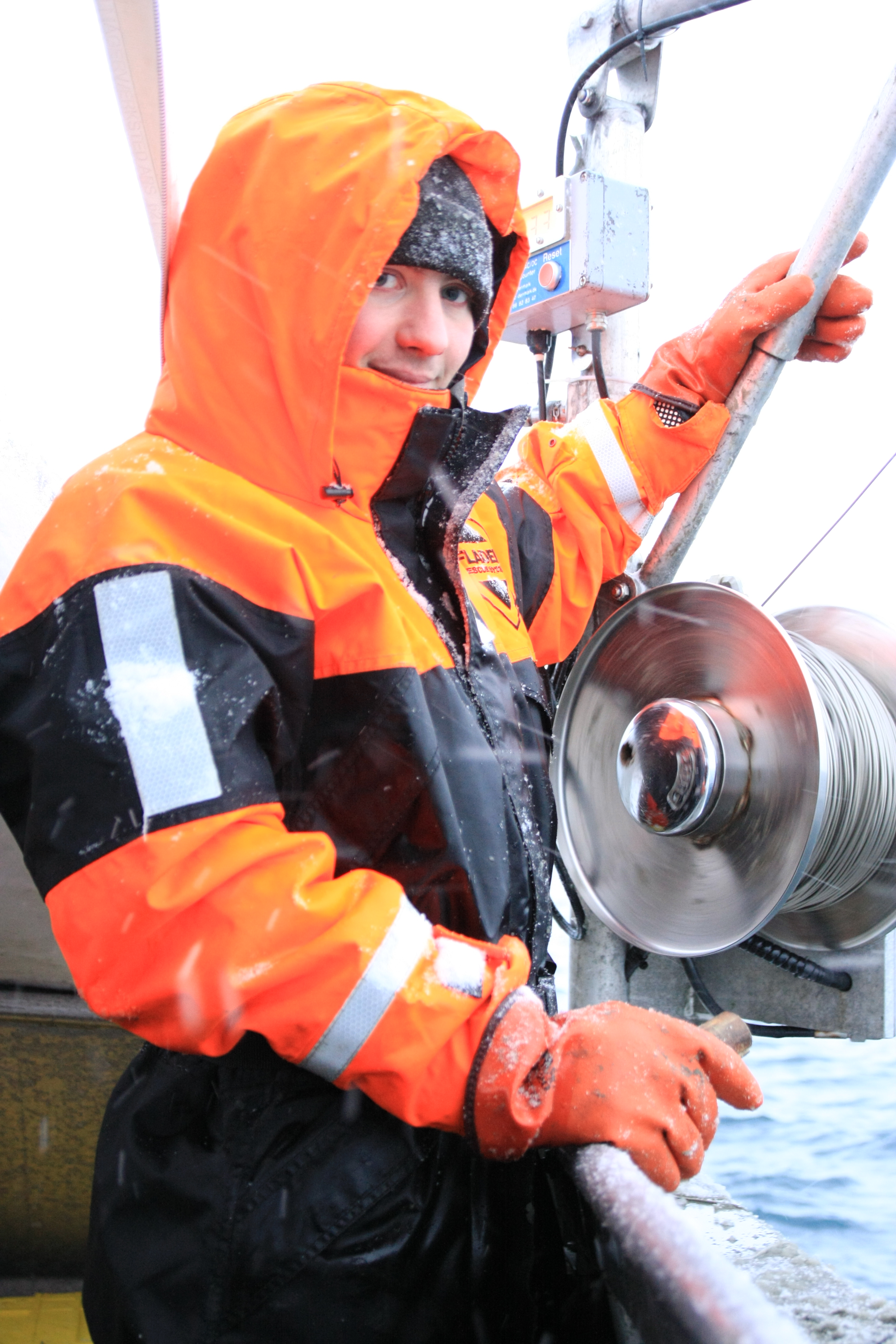The impact of glacial melting on Greenlandic fjords
Lorenz Meire will carry out his postdoctoral research at ARC

Temperatures in the Arctic have increased rapidly in recent years resulting in the melting of sea ice and glaciers at unprecedented rates. This effect is especially pronounced in Greenland’s fjords which are strongly impacted by melting of the Greenland Ice Sheet.
During his PhD project, Lorenz Meire described biogeochemical cycling in Godthåbsfjord, a subarctic fjord adjacent to the Greenland Ice Sheet. The large input of meltwater during summer strongly impacts the physical and chemical properties of the fjord which lead to pronounced changes in fjord circulation and stratification impacting productivity in the fjord. The large freshening combined with high biological production results in high CO2 uptake by the fjords. As a large fraction of the sedimenting organic material is buried in the sediment, fjords play an important role as carbon sink.
Lorenz has just started as postdoctoral fellow at the Arctic Research Centre. Now he will further investigate the carbon cycling in Greenlandic fjords in collaboration with the Greenland Institute of Natural Resources and the University of Manitoba. The field work will be carried out in Godthåbsfjord (Nuuk, Greenland) and along the west coast of Greenland during the spring and summer 2016.
Lorenz Meire got his PhD in Marine Science from Ghent University in January 2016. More information about Lorenz’s research at ResearchGate
